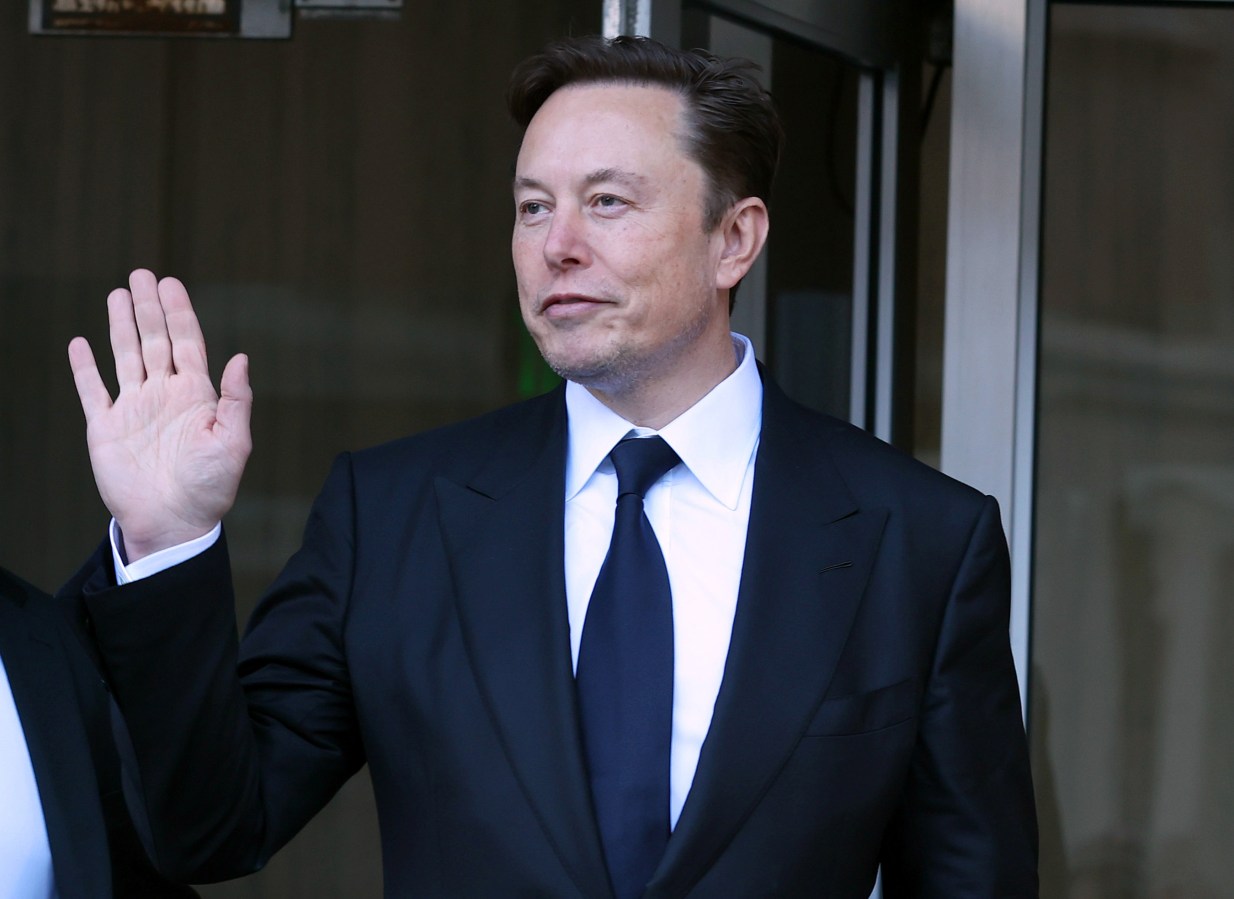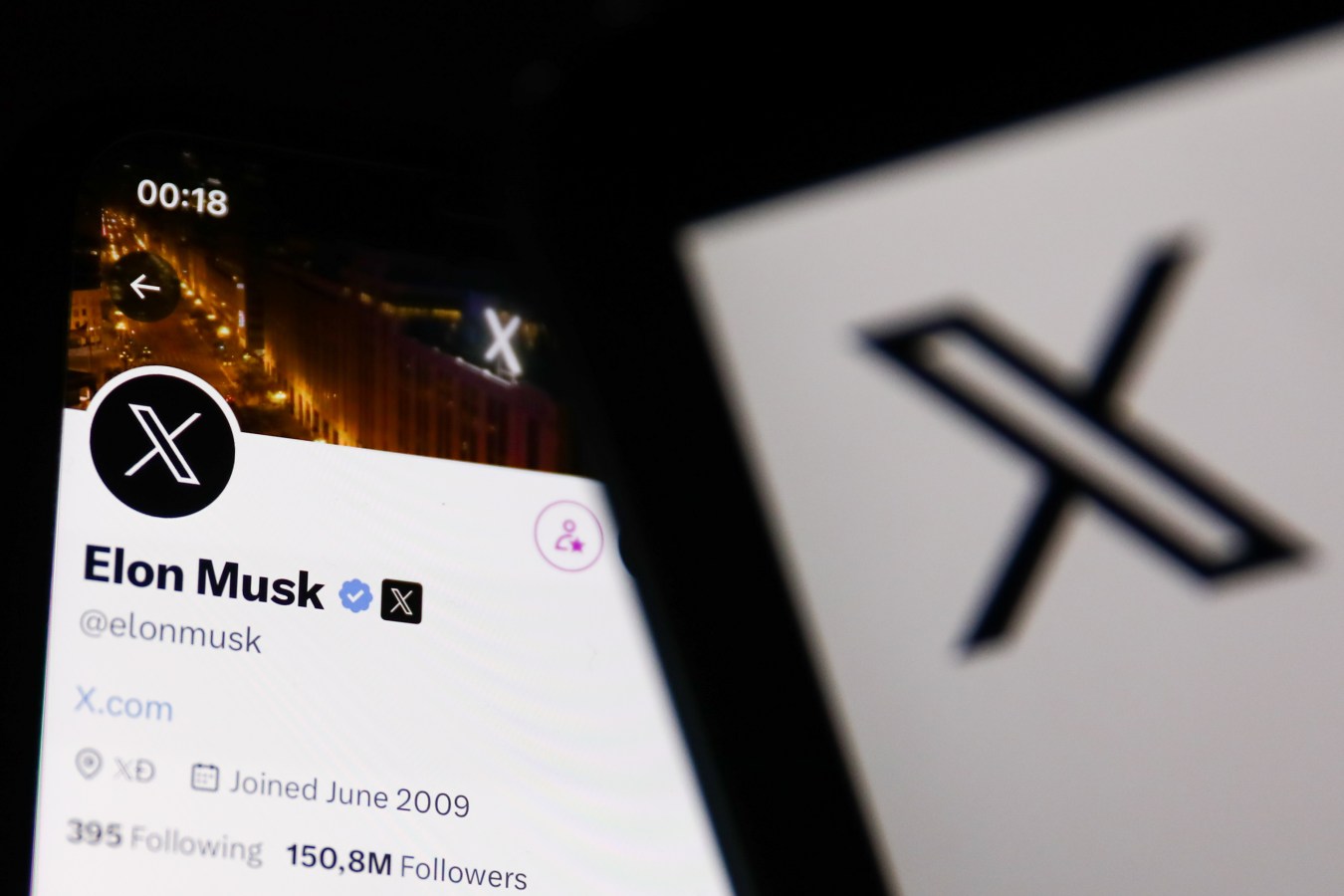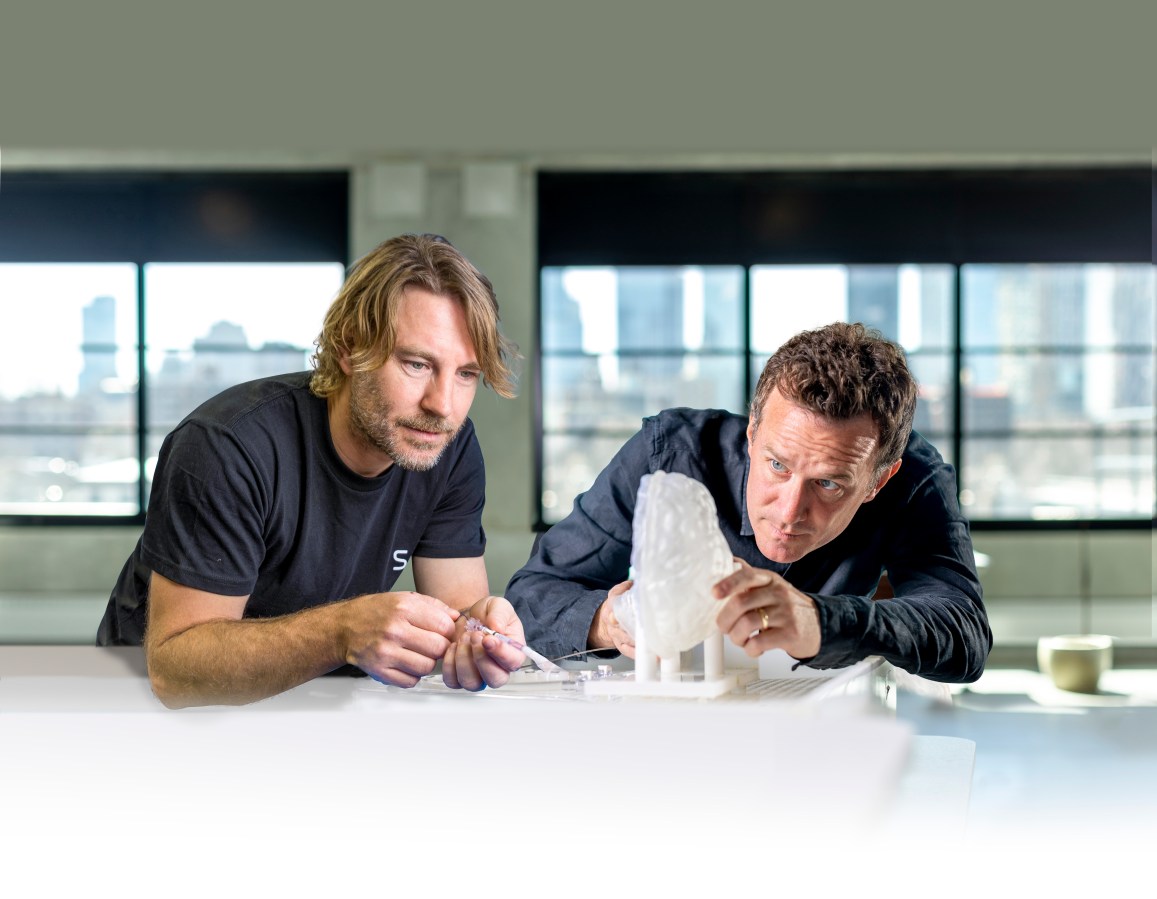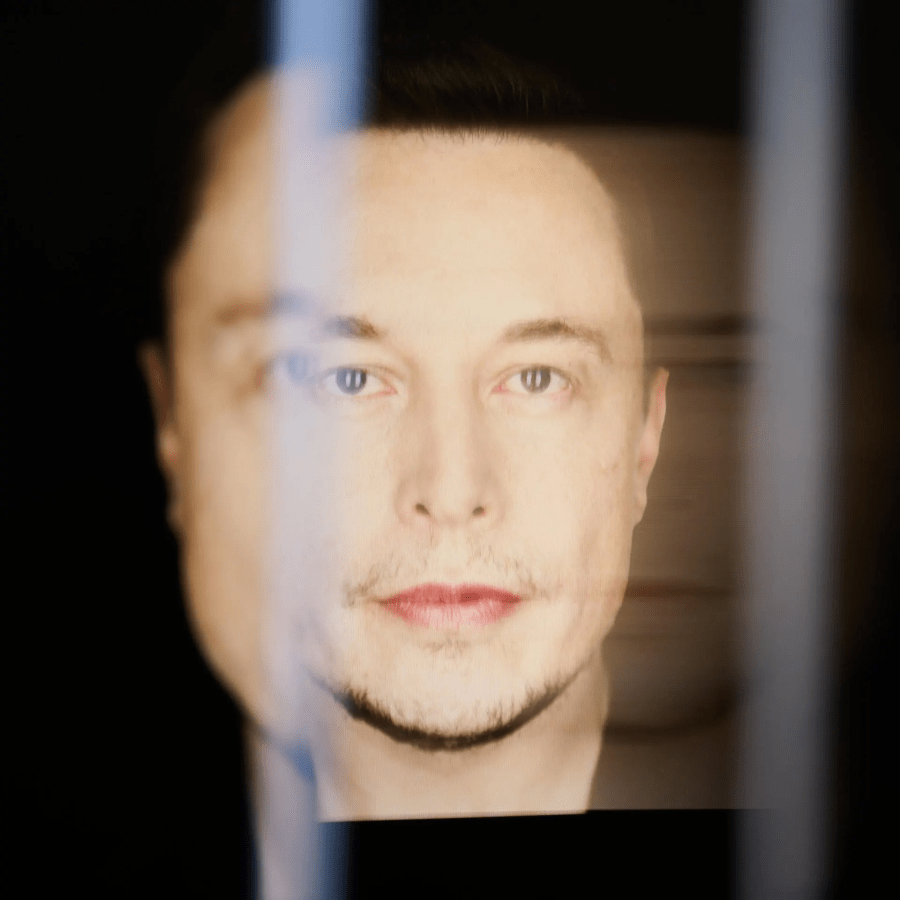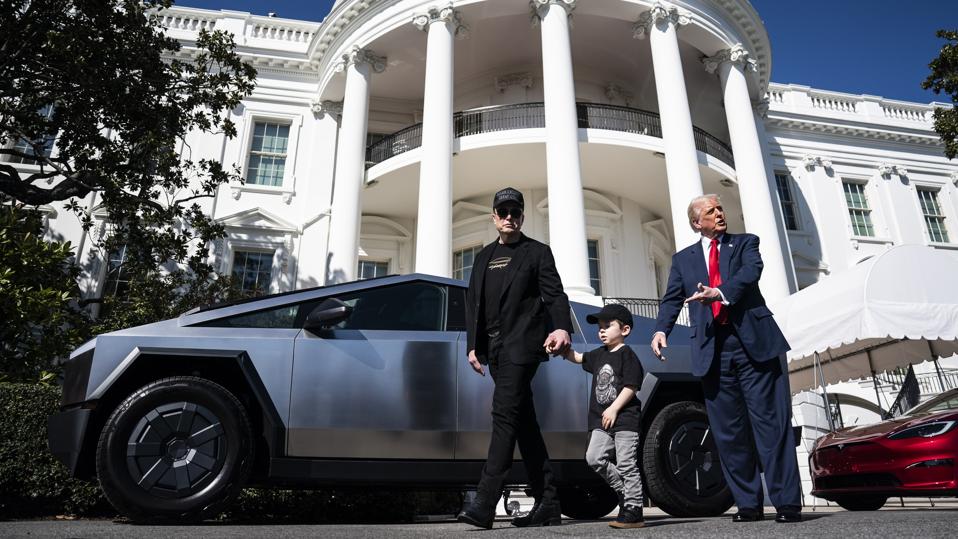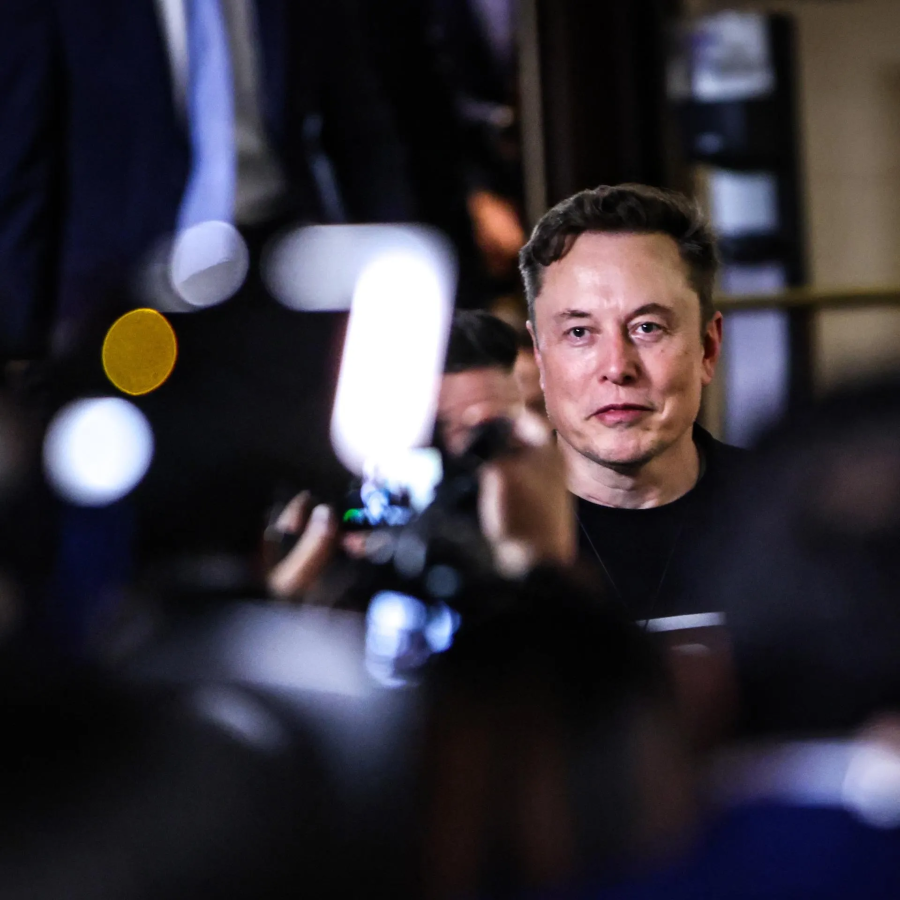Walter Isaacson’s new biography of Elon Musk was released Tuesday and the book contains a number of puzzling, outrageous and surprising tidbits that shine a new light on the controversial world’s wealthiest man.
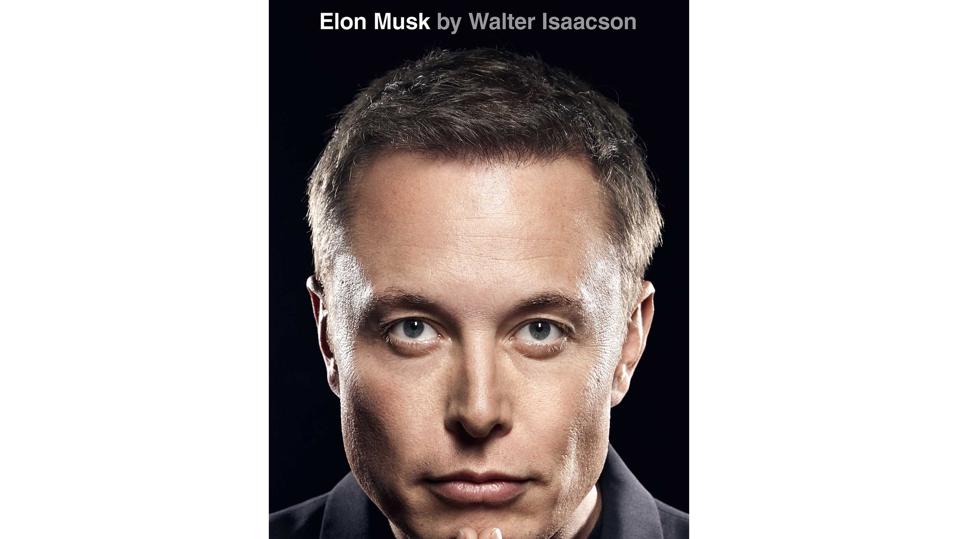
This cover image released by Simon & Schuster shows “Elon Musk” by Walter Isaacson.
Key Takeaways
- One of the book’s biggest revelations was that Musk and his ex-wife Claire Boucher, who is commonly known as Grimes, had a third child in secret who they named Techno Mechanicus Musk, or Tau for short, according to a Pitchfork report on the book.
- This child brings the number of publicly known children Musk has fathered to 11, something that goes in line with Musk’s belief that human civilisation is headed toward a population collapse and humans need to have as many children as possible to avert that.
- Two of those children were born of Neuralink executive Shivon Zilis, who gave birth to twins conceived via in vitro fertilisation by Musk at the same time a surrogate was pregnant with Musk and Grimes’ second child, a fact that was kept secret from Grimes—“Grimes was outraged,” when she eventually found out years later, Isaacson wrote, according to the New Yorker’s review of the book.
- In 2015, Musk wanted to use Tesla’s not-yet-fully-functional self-driving capabilities to commute to SpaceX’s southern California headquarters, but the lines on the 405 freeway were too faded, so a group of Musk’s employees convinced a governmental worker to repaint them specifically for Musk in exchange for a tour of SpaceX, according to the Los Angeles Times’ report of the book.
- The book also detailed his scuffle with fellow tech billionaire Gates, whom he called “insane” and exploded on after he admitted he was shorting Tesla’s stock, an act Musk called “pure hypocrisy,” according to CNBC and the LA Times— “Why make money on the failure of a sustainable energy car company,” he said (Musk tweeted a picture of Gates with a bulging belly out of anger).
- Musk also told Isaacson that he bought Twitter, which he subsequently renamed X, because “Unless the woke-mind virus, which is fundamentally antiscience, antimerit, and antihuman in general, is stopped, civilisation will never become multiplanetary,” according to the New Yorker review (At another point in the book, he joked that he bought Twitter because “How else are we going to get Trump elected in 2024?”).
Tangent
While the book focuses on Musk, it also shines a light on another famous figure: Rudy Guiliani, according to the Guardian. During Musk’s time working with the digital finance company PayPal, Musk and his team reportedly considered seeking out Giuliani, former mayor of New York City and later personal lawyer for Donald Trump, with help navigating the governmental and regulatory challenges in turning the company into a fully fledged bank. When they met him, they were disappointed with what they found.
Michale Moritz, an investor and colleague of Musk’s, said “It was like walking into a mob scene,” describing Giuliani’s team as “goonish confidantes” who “didn’t have any idea whatsoever about Silicon Valley,” but “were eager to line their pockets.” When Giuliani asked for 10% of the company in exchange for his advice, Musk and his team backed out.
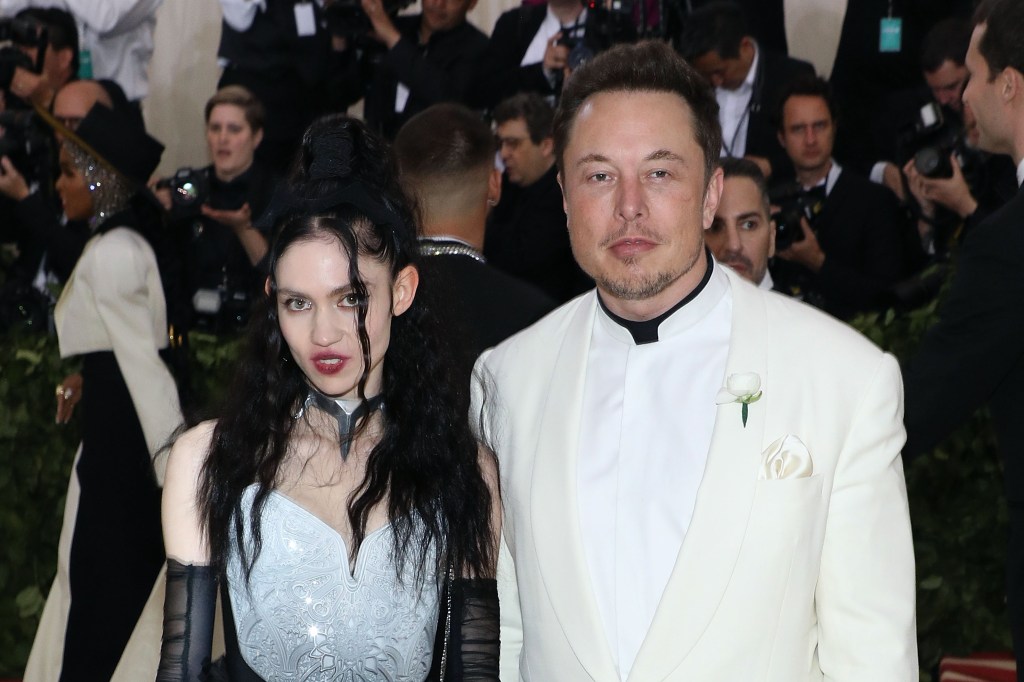
Crucial Quote
The book describes many of Musk’s bizarre interactions with romantic partners including an instance at his wedding with his first wife, Justine Wilson, when, during their first dance, he whispers “I am the alpha in this relationship” into her ear, according to the LA Times.
Surprising Fact
One of the most talked-about revelations from the book was a chapter that describes Musk’s involvement in the ongoing war between Russia and Ukraine. Last week, CNN and other news organisations had received advance copies of the book and described a chapter in which Musk, CEO of SpaceX, declined to give Ukrainian forces’ access to Starlink, his company’s satellite-based internet system that Ukraine had been using throughout the war, during an attempted submarine drone strike of Russia out of fear that the attack would inspire retaliation from Russia and result in a nuclear conflict.
He reportedly was afraid it would be like a “mini-Pearl Harbor” after speaking with top Russian officials. On Friday, Isaacson posted to X to clarify that Musk didn’t turn off any existing access that Ukraine had, but rather declined to extend their access to Crimea. “The Ukrainians THOUGHT coverage was enabled all the way to Crimea, but it was not,” he wrote in the post. “They asked Musk to enable it for their drone sub attack on the Russian fleet.
Musk did not enable it.” The chapter dives into Musk’s uneasiness at his involvement in the conflict. “How am I in this war?” Musk is quoted asking in the book. “Starlink was not meant to be involved in wars. It was so people can watch Netflix and chill and get online for school and do good peaceful things, not drone strikes.”
Related
Key Background
The book also dives into Musk’s upbringing in South Africa. Musk’s grandfather, J. N. Haldeman, moved to South Africa from Canada in 1950, soon after Apartheid was declared and the country began recruiting white settlers from North America on the promise they could live like princes, according to the New Yorker. Haldeman had written a political work that blamed World War I and II on Jewish financiers and was a leader of the technocracy political movement, which sought to put scientists and engineers in charge of society. Isaacson’s book barely mentions Apartheid and describes a poor childhood for Musk.
The book also addresses long-time accusations that Musk was able to launch his multi-billion dollar business with the help of seed money his father earned from an Apartheid-era emerald mine. Isaacson posits that Musk’s father, Errol Musk, did not own any emerald mine as critics often contend, but rather struck a black market deal to receive and cut emeralds from three mines in Zambia, according to the LA Times. He reportedly earned $210,000 from those mines, but Isaacson calls it a “myth” that Elon Musk brought this money with him after leaving South Africa for Canada in 1989 and eventually California. Isaacson said Musk only received $2,000 in travelers checks from his father when he moved.
This article was first published on forbes.com and all figures are in USD.
